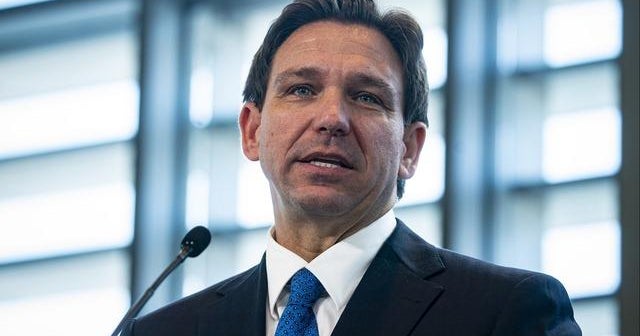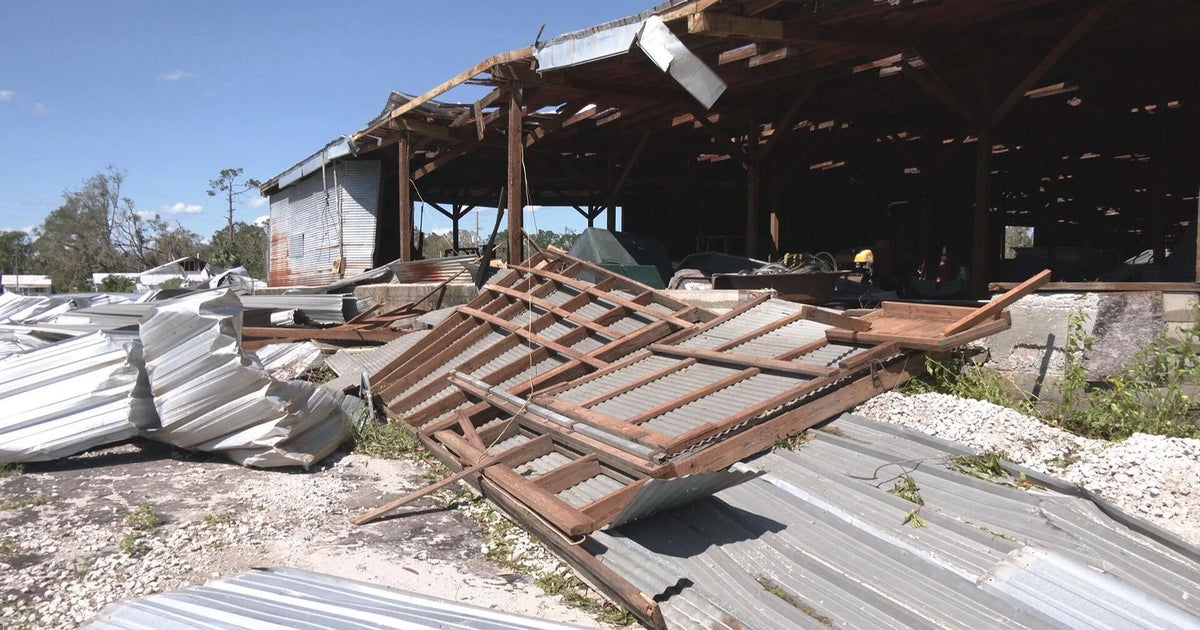TALLAHASSEE – Armed with a new U.S. Supreme Court impression, the Biden administration this 7 days argued that an appeals court docket must reject a Florida authorized challenge to federal immigration procedures.
U.S. Department of Justice attorneys Wednesday filed a 41-webpage brief that focused, in aspect, on a June 23 Supreme Court docket selection that tossed out a problem by Texas and Louisiana to immigration policies. The Supreme Courtroom reported Texas and Louisiana did not have lawful standing – a important first check that have to be met in lawsuits.
Wednesday’s brief claimed the 11th U.S. Circuit Court docket of Appeals need to similarly uncover that Florida does not have standing to challenge procedures that Gov. Ron DeSantis and condition Legal professional Typical Ashley Moody contend have led to migrants improperly being introduced from detention.
“In United States v. Texas, the Supreme Court docket held that two states lacked standing to obstacle DHS’s (the U.S. Department of Homeland Security’s) immigration enforcement policies due to the fact they lacked ‘a lawfully and judicially cognizable’ harm where their alleged injury ended up expenses linked with possessing much more noncitizens in their states. Florida similarly fails to fulfill the ‘bedrock constitutional requirement’ of standing,” the quick said.
But in a June 26 quick, legal professionals in Moody’s office experimented with to draw distinctions with the Texas and Louisiana scenario. As an example, they said the Texas and Louisiana scenario associated procedures associated to arresting and starting removal proceedings towards migrants who crossed the U.S. border, while the Florida circumstance requires “parole” policies that include releasing people.
“Because the parole guidelines are not enforcement procedures – mainly because they each worry only detention and grant affirmative legal positive aspects – Florida has a judicially cognizable desire in remedying the sovereign and monetary injuries they lead to,” the state’s lawyers wrote.
The Biden administration went to the Atlanta-primarily based appeals court docket in May well to combat two rulings by Pensacola-based mostly U.S. District Decide T. Kent Wetherell. The rulings, issued in March and May well, mentioned immigration insurance policies acknowledged as “Parole Moreover Choices to Detention” and “Parole with Disorders” violated federal law.
Wetherell, a former condition appellate judge appointed to the federal bench by previous President Donald Trump, vacated the Parole In addition Alternatives to Detention policy, also recognised as “Parole+ATD,” and issued a preliminary injunction from the Parole with Problems plan.
Moody and DeSantis have extended criticized federal immigration policies, with the state submitting a lawsuit in September 2021 alleging that the Biden administration violated laws by “capture-and-release” procedures that led to individuals remaining introduced from detention soon after crossing the border. The point out has contended that undocumented immigrants move to Florida and make fees for these types of issues as the education and learning, wellness-care and jail programs.
The 2021 lawsuit finally led to Wetherell’s rulings. But the Biden administration has disputed allegations about violating federal guidelines and stated the policies had been needed to handle problems these types of as overcrowding in detention amenities.
“The district court’s orders are overbroad, coercively interfere with DHS’s discretion to control the border and far exceed the scope of Florida’s alleged injuries,” Justice Division attorneys wrote in Wednesday’s short.
While the two sides are battling about these kinds of concerns at the appeals court, the Supreme Court’s 8-1 decision in the Texas and Louisiana scenario added an additional aspect to the case.
In the Supreme Court’s most important view, Justice Brett Kavanaugh wrote that the court’s “precedents and longstanding historic observe build that the states’ suit here is not the form redressable by a federal courtroom.”
“The states’ novel standing argument, if recognized, would entail expansive judicial way of the department’s arrest guidelines,” Kavanaugh wrote in an viewpoint joined by Main Justice John Roberts and Justices Sonia Sotomayor, Elena Kagan and Ketanji Brown Jackson. “If the (Supreme) Court docket environmentally friendly-lighted this accommodate, we could anticipate complaints in long term many years about alleged govt branch below-enforcement of any in the same way worded rules – no matter whether they be drug legal guidelines, gun rules, obstruction of justice guidelines, or the like. We decrease to commence the federal judiciary down that uncharted route.”
Justice Neil Gorsuch, in a concurring viewpoint joined by Justices Clarence Thomas and Amy Coney Barrett, took a diverse tack, writing that Texas and Louisiana didn’t have standing mainly because of a lack of redressability.
“The (immigration enforcement) rules simply recommend federal officials about how to exercising their prosecutorial discretion when it arrives to deciding which aliens to prioritize for arrest and elimination,” Gorsuch wrote. “A judicial decree rendering the guidelines a nullity does nothing at all to improve the truth that federal officers possess the similar underlying prosecutorial discretion. Nor does this sort of a decree have to have federal officials to transform how they physical exercise that discretion in the guidelines’ absence.”
Justice Samuel Alito dissented, declaring the states experienced fulfilled authorized exams for standing.




